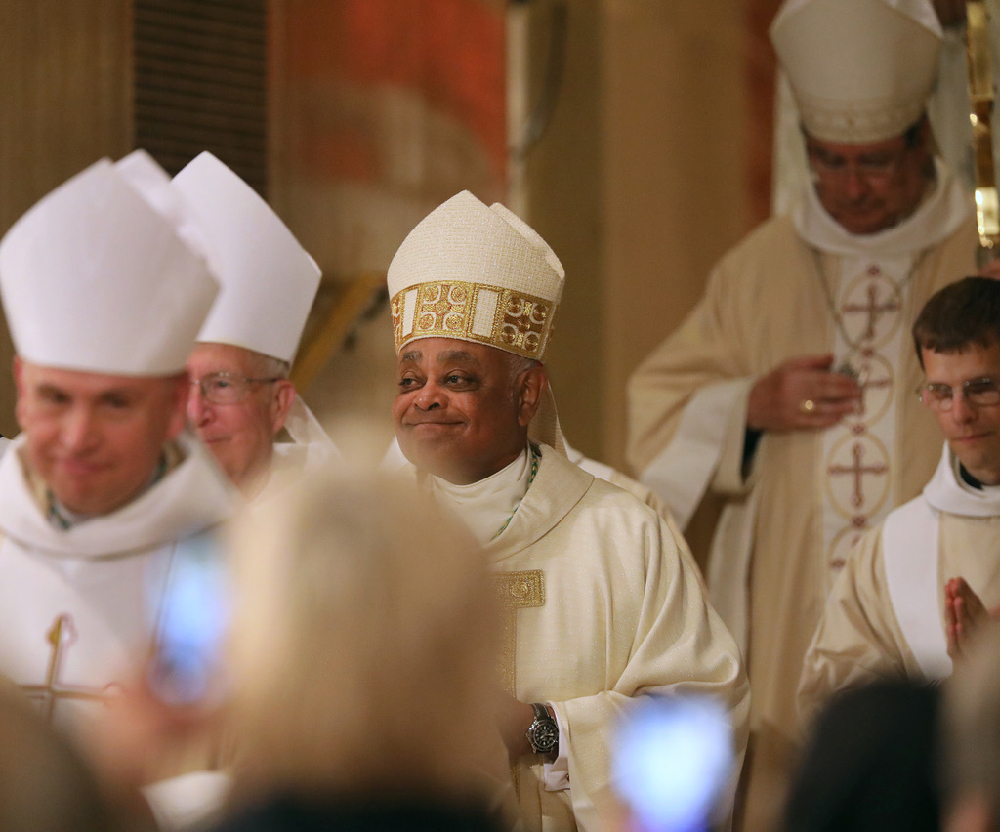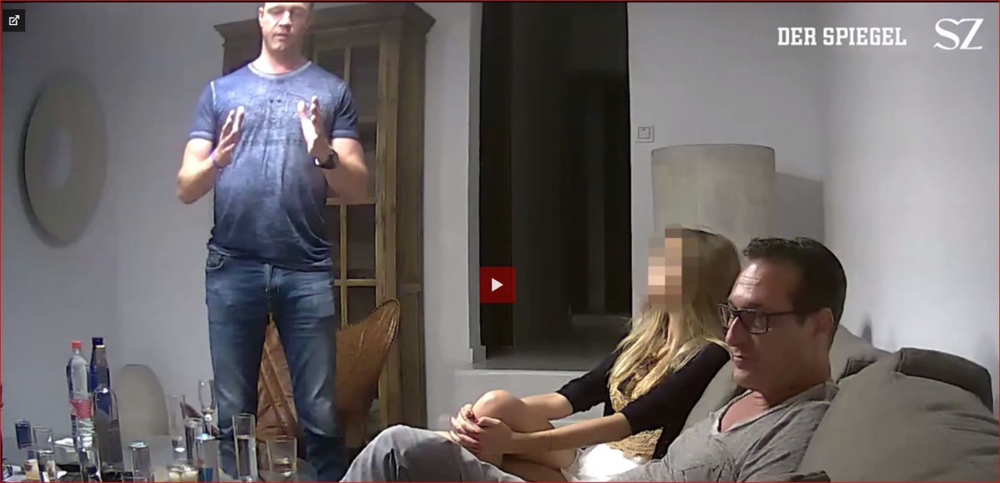The Austrian bishops’ conference has appealed to all Austrian politicians to turn their focus from what divides them to what unites them.
It comes after the German weekly magazine Der Spiegel and the German daily Suddeutsche Zeitung published a video produced in a villa in Ibiza showing the Austrian vice-chancellor and leader of the far-right Freedom Party (FPÖ), Heinz-Christian Strache, and his parliamentary leader, Johann Gudenus, offering lucrative public contracts in exchange for campaign support.
They were in a meeting with an unidentified woman purporting to be the niece of a Russian oligarch .
The following day, 18 May, the Austrian chancellor, Sebastian Kurz, announced that his conservative Austrian People’s Party (ÖVP) would end the coalition with the far-right Freedom Party that has been in power for the past 18 months.
The next day, 19 May, the Austrian President Alexander van der Bellen proposed holding fresh elections in September and underlined how important it was to put the interests of the country before those of political parties.
In a declaration entitled “Democracy lives on trust” signed by conference president Cardinal Christoph Schönborn and deputy president Archbishop Franz Lackner of Salzburg, the bishops say: “The publication of the so-called ‘Ibiza video’ has seriously undermined the confidence of voters in the political representatives they voted for and the Austrian government is now in a serious crisis."
Cardinal Schönborn and Archbishop Lackner expressly thank President van der Bellen, for his efforts to stabilise the political turmoil caused by the publication of the video. However on Monday the turmoil continued, with Chancellor Kurz being ousted in a no-confidence vote, leaving the responsibility of naming the next chancellor to President van der Bellen.
“We appeal to all the members of the Austrian government, to the political parties and to all Members of Parliament to seek and conduct constructive talks across party boundaries. Whosoever recklessly weakens those institutions which underpin the state, that is, Parliament, the government and the judiciary, in the hope of obtaining short-term advantages for themselves, risks seriously damaging our country in the long-term”, the bishops warn.



 Loading ...
Loading ...